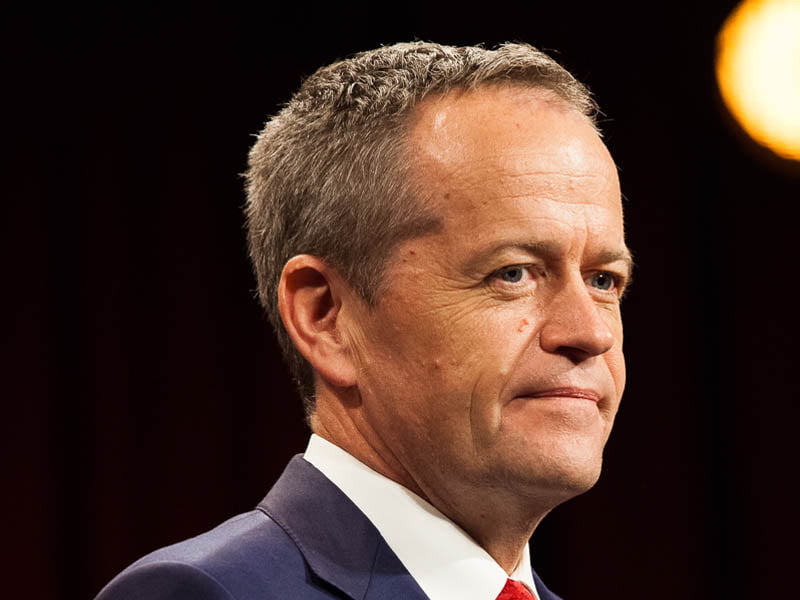New Government Services minister Bill Shorten has laid out his commitment to increasing collaboration across digital services and government jurisdictions.
Continuing to create digital silos, through the development of disconnected apps and websites, will only serve to frustrate Australians, according to Mr Shorten. He also stressed the importance of the Digital Transformation Agency, which is overseen by Finance minister Katy Gallagher, and described the government as a data custodian.
Mr Shorten asked attendees of the Australian Financial Review’s Government Services Summit on Tuesday to imagine a myGov that “unifies government digital services – by making it more valuable for the commonwealth, states and service providers to interface with myGov.”
“That means outcome and people-led, not tech-led. When you are talking about collaboration, set success as delivering services that improves our citizens lives…If we succeed in that challenge, if we unify and collaborate, that will enable a trusted, secure and holistic picture of a person so we can proactively get them the right services, when they need them,” Mr Shorten said.

Some applications of a unified system might include the seamless sharing of healthcare data across states as well as nudging Australians to seek preventive cancer screening and other relevant aged-based events.
Another potential nudge could be to encourage Australians to “top up training and education” to boost productivity, wage growth, and “insures against individuals becoming obsolete within their industry”, according to Mr Shorten.
With access to data that provides a “full picture” of individuals in industries that may be ailing, Mr Shorten argued that the federal government would be better able to help people understand how they could build on their existing skills to open new career pathways.
He also said that Australia is emerging from a “long period of an ineffective, arrogant and at times malicious digital transformation”, which has “threatened democracy”.
Core to Mr Shorten’s commitment to improving digital government collaboration is accuracy and the need to rebuild trust with Australians. He said these are respectively embodied in his upcoming audit of myGov and his commitment to launch a Royal Commission into Robodebt by the end of the year.
“The Royal Commission will help us understand how such a failure of public administration could happen, for the crucial reason of ensuring it will never happen again,” Mr Shorten said.
“The Commission could quite possibly find that the decision makers had their assumptions back-to-front. We should assume that AI and similar new technology will make mistakes, and that we should design services around that assumption.”
Mr Shorten also called for technology use, “especially in the sphere of government” services, to be fair.
“It is right the Australian public values their personal rights, pluralism and accountability. In practice that means decision, designs and services are fair, accurate, accountable and efficient,” Mr Shorten said.
With regards to cyberattacks and data breaches, Mr Shorten said the management of risk is never complete. He acknowledged the risk to encryption posed by quantum computing and alleged that Australia’s “adversaries, state and non-state based, could be trying to harvest data now in preparation to process this cryptography with quantum computing”.
In May, it was revealed that a “large volume” of highly sensitive health data had been compromised through a hack of a cloud-based client management system for NDIS service providers.
Mr Shorten also looked to Denmark, Estonia, and South Korea as examples of what effective digital government services can look like. He also commended the insight of the Human Rights and Technology report filed in 2021 by the former Australian Human Rights Commissioner Ed Santow.
Both the NDIA chairman Dr Denis Napthine and NDIA chief executive Martin Hoffman resigned from the agency within the last two months.
Do you know more? Contact James Riley via Email.

